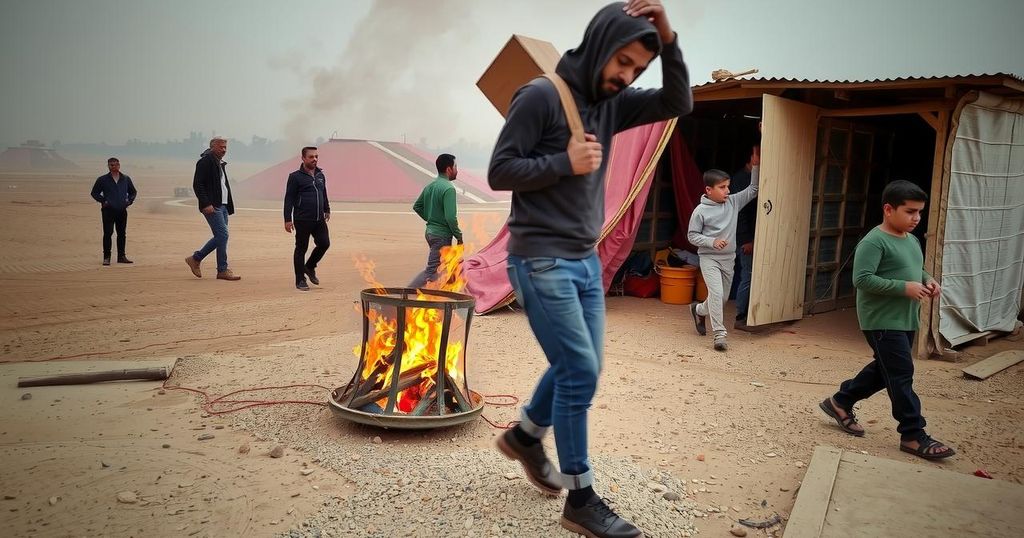Recent UN reports underscore the severe impact of communal violence in South Sudan, revealing significant casualties among civilians. Meanwhile, WHO has conducted its first 2025 humanitarian air charter to Syria, addressing urgent medical needs, while Gaza faces tragic child deaths due to cold, emphasizing the critical need for humanitarian access and protections.
Communal violence in South Sudan persists as the predominant cause of conflict, with dire consequences for civilians, according to a recent report from the United Nations Mission in South Sudan (UNMISS). The report details a significant increase in abductions and combat-related sexual violence, with 299 non-combatants killed and 310 injured in just three months spanning July to September. Most casualties occurred in Warrap State, while abductions were prevalent in Central Equatoria State.
Nicholas Haysom, head of UNMISS, condemned the alarming rise in violence against women and children and emphasized the mission’s commitment to safeguarding civilian lives. He urged local authorities and community leaders to address underlying grievances and called on the South Sudanese government to investigate human rights violations. To combat the violence, UNMISS plans to enhance its patrol efforts and community engagement initiatives.
In Syria, the World Health Organization (WHO) has launched its first humanitarian air charter of the year, delivering over 32 tons of crucial medical supplies to Damascus, with the aim of addressing the immediate healthcare needs of 300,000 individuals. This shipment follows previous distributions aimed at bolstering healthcare responses in other parts of the country.
The UN Office for the Coordination of Humanitarian Affairs (OCHA) reported ongoing relief efforts, while also highlighting the harsh realities faced by civilians, including reports of child fatalities due to hypothermia exacerbated by inadequate winter supplies in Gaza. In North Gaza, aid access remains critically restricted, with calls for the protection of healthcare facilities growing louder as the situation deteriorates.
Overall, the instability in South Sudan and the ongoing humanitarian crises in Syria and Gaza reveal a desperate need for concerted international efforts to alleviate the suffering of affected populations and uphold human rights.
The current situation in South Sudan is marked by ongoing internal conflict, primarily driven by communal violence that continues to inflict suffering on the civilian population. In parallel, Syria faces a humanitarian crisis following years of war, prompting international organizations like the WHO to establish airlifts to deliver essential medical supplies. Additionally, the humanitarian crisis in Gaza is exacerbated by a blockade that restricts access to necessary aid, leading to tragic losses, particularly among vulnerable populations such as children.
In conclusion, the reports from South Sudan, Syria, and Gaza highlight the urgent need for enhanced protective measures for civilians and the necessity for comprehensive humanitarian aid. The continued escalation of violence and the challenges faced in delivering aid are critical issues that require immediate international attention and intervention to ensure the protection of human rights and improve the living conditions of affected populations.
Original Source: www.miragenews.com






